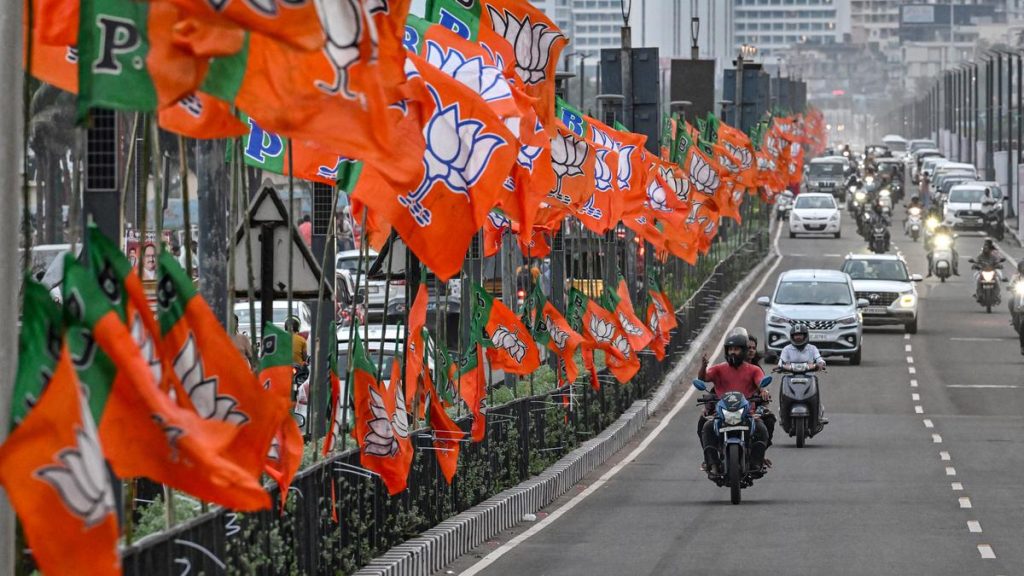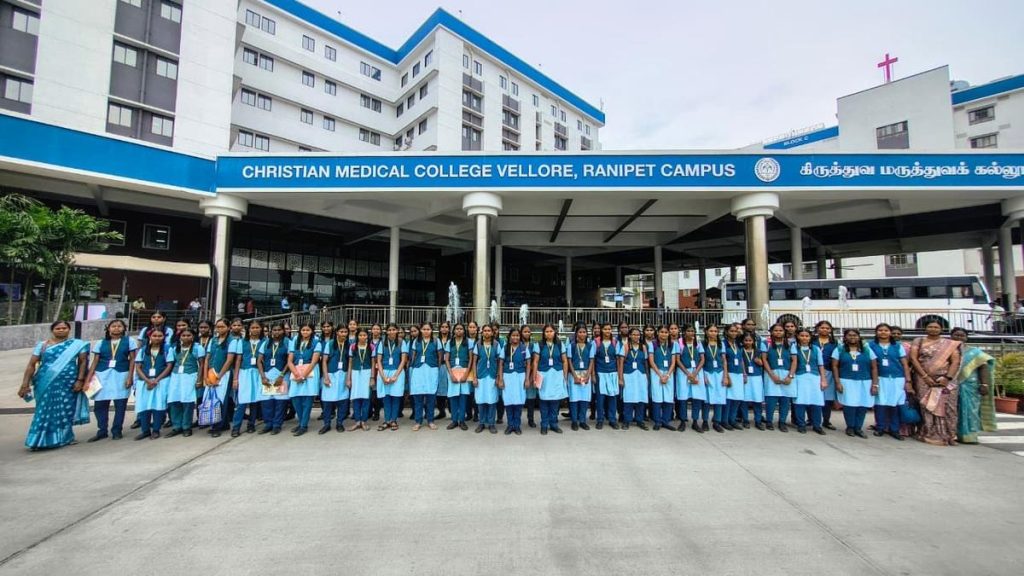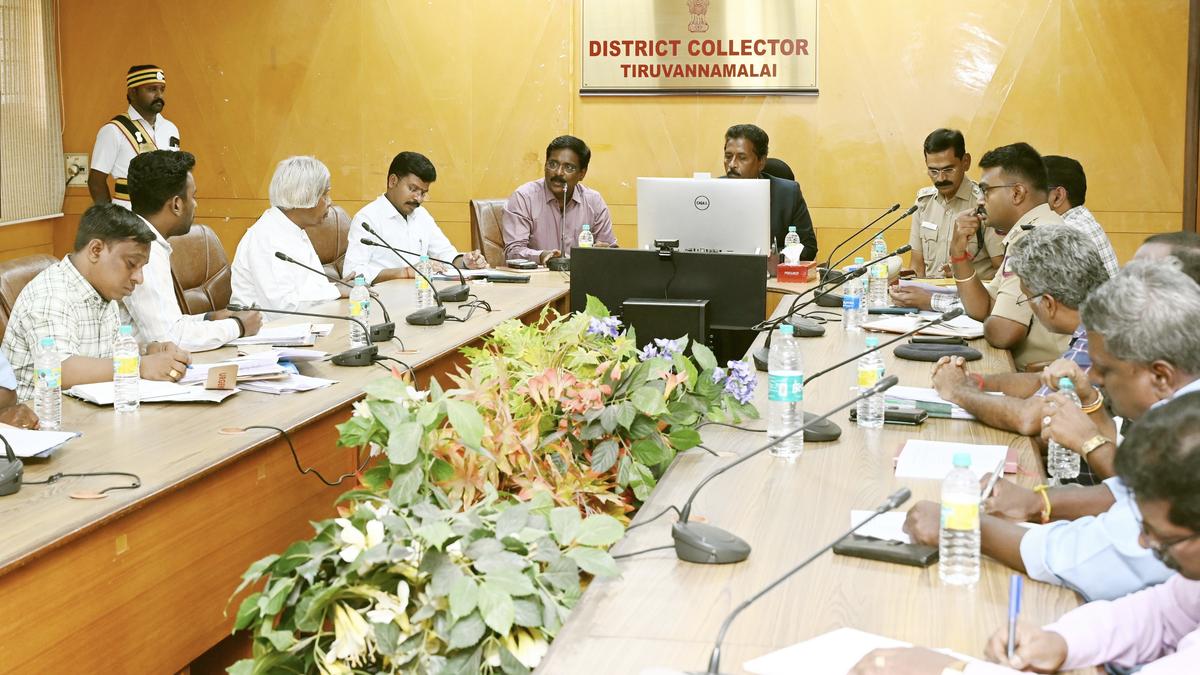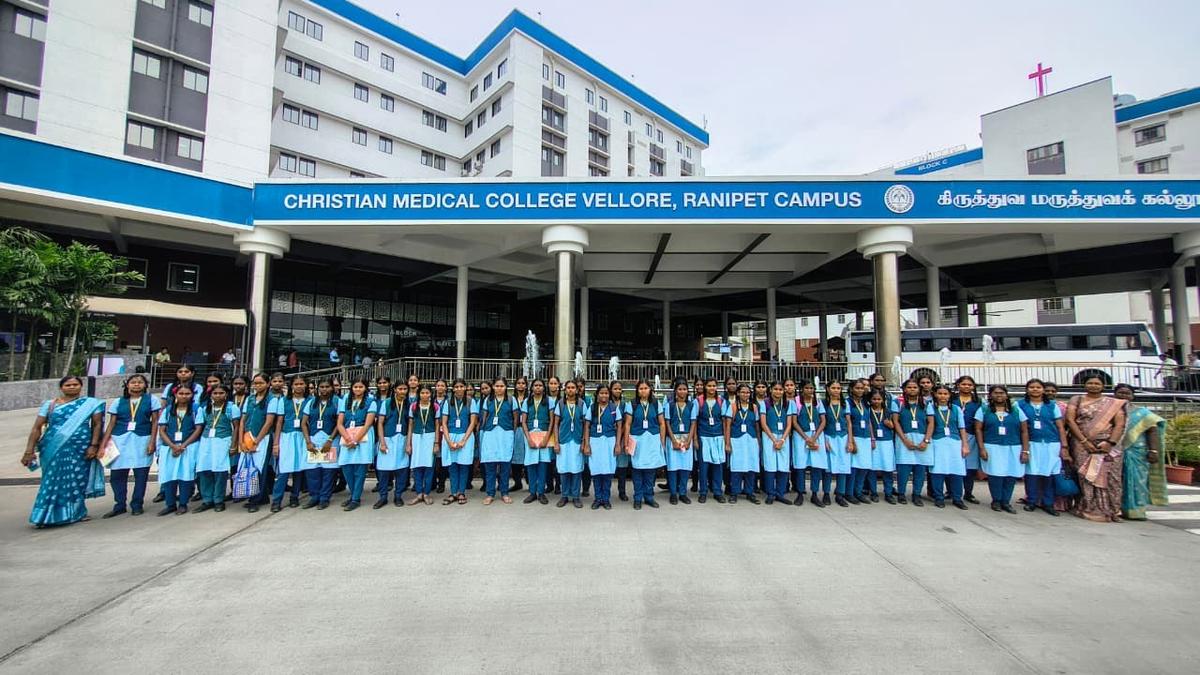Now Reading: Research Finds HIV Strains in India Resistant to Key Neutralising Antibodies
-
01
Research Finds HIV Strains in India Resistant to Key Neutralising Antibodies
Research Finds HIV Strains in India Resistant to Key Neutralising Antibodies
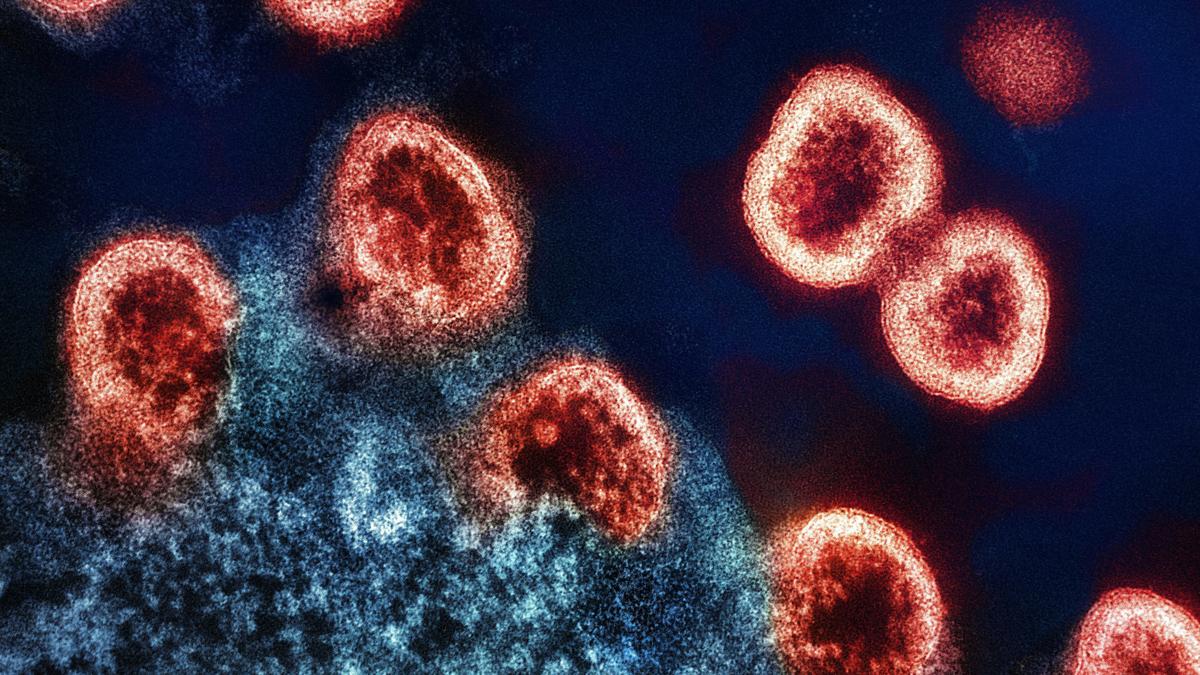
Quick Summary
- Landmark Discovery: In 1994, researchers discovered broadly neutralising antibodies (bNAbs), showing promise in combating HIV due to their ability to target conserved regions of the virus that are less prone to mutation.
- Challenges: The extreme genetic diversity of HIV and its ability to hide in silent reservoirs have hindered the effectiveness of bNAb-based therapies.
- Recent Study: A paper published in journal of Virology by Indian researchers compared 14 top bNAbs against HIV strains from India and South Africa, revealing differences in sensitivity based on geographical variants.
- Findings:
– Indian strains were most effectively neutralised by antibodies targeting the V3 glycan region and moderately sensitive to those targeting the CD4 binding site.
– Strains resistant to V1/V2-apex-targeting antibodies responded better to CD4-binding-site-directed ones.
– Proposed a new cocktail of three bNAbs-BG18,N6,PGDM1400-to efficiently neutralise circulating Indian strains.
- Implications for HIV Prevention:
– Regional specificity matters; tailored antibody cocktails or region-specific vaccines could enhance prevention efforts globally.
– Surveillance for viral diversity critical for ongoing research.
Indian Opinion Analysis
India’s involvement in cutting-edge HIV research is an meaningful milestone, reflecting both scientific ambition and public health necessity. This study underscores critical regional differences in how HIV evolves genetically, suggesting precision medicine as a promising avenue for combating this pandemic effectively. By identifying optimal antibody combinations tailored specifically for Indian variants, researchers pave the way not only for enhanced treatments but also region-specific vaccine developments.
Given India’s high population density and significant number of individuals living with HIV/AIDS, such findings could have far-reaching implications. Passive immunisation strategies using targeted antibody cocktails could offer immediate relief while vaccine progress progresses long-term. However, success hinges on sustained funding coupled with surveillance programs monitoring evolving viral strains.
In line with global cooperation needs highlighted by this study’s comparison between India and South Africa’s viruses,international collaboration will remain key-ensuring breakthroughs benefit all regions equitably while accounting for local diversities.




